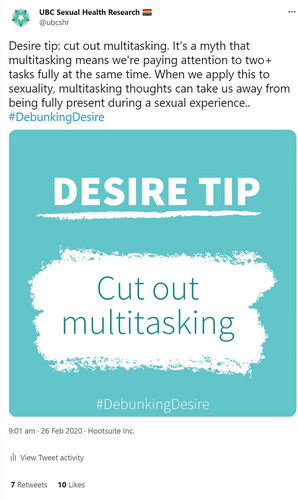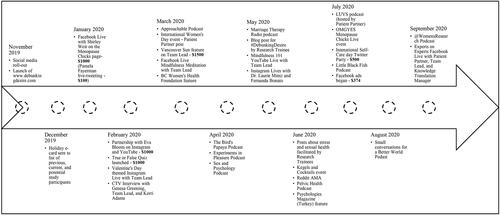Figures & data
Figure 1. Knowledge to action process by Straus et al. (Citation2015).
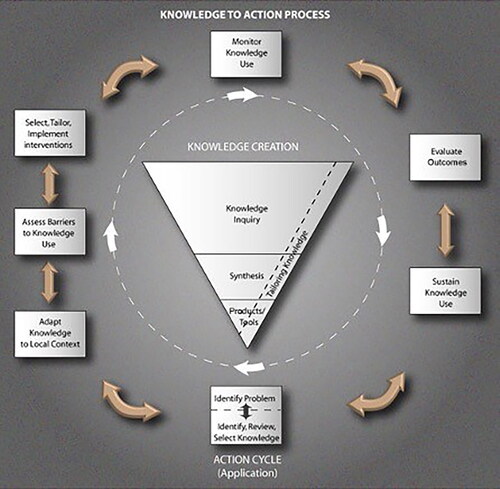
Table 1. Knowledge to Action processes in relation to #DebunkingDesire.
Figure 3. Example Instagram post.
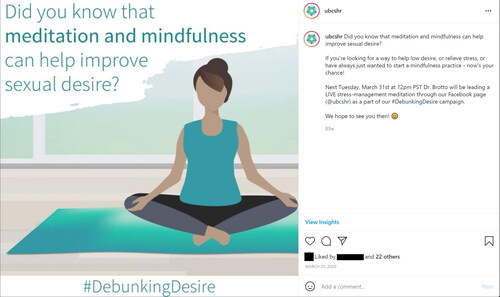
Figure 4. Example Facebook post.
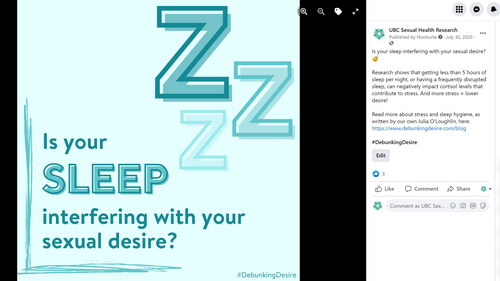
Figure 5. Example Twitter post.
